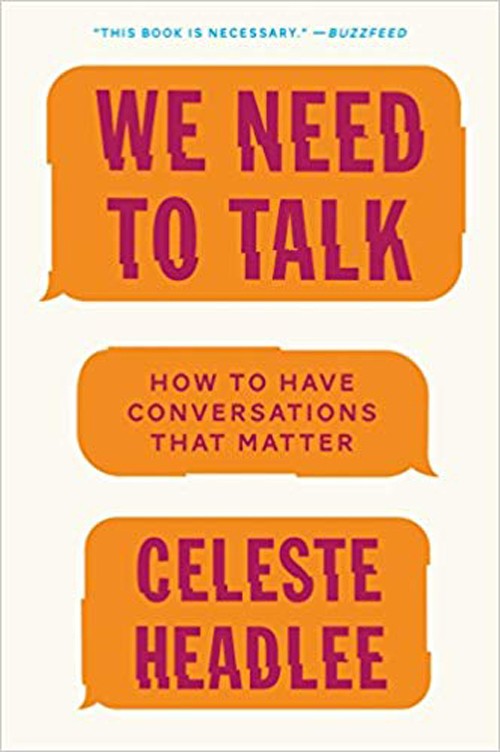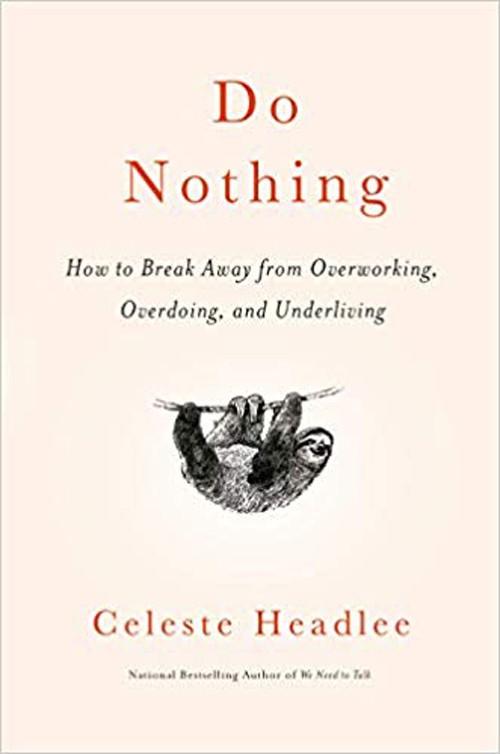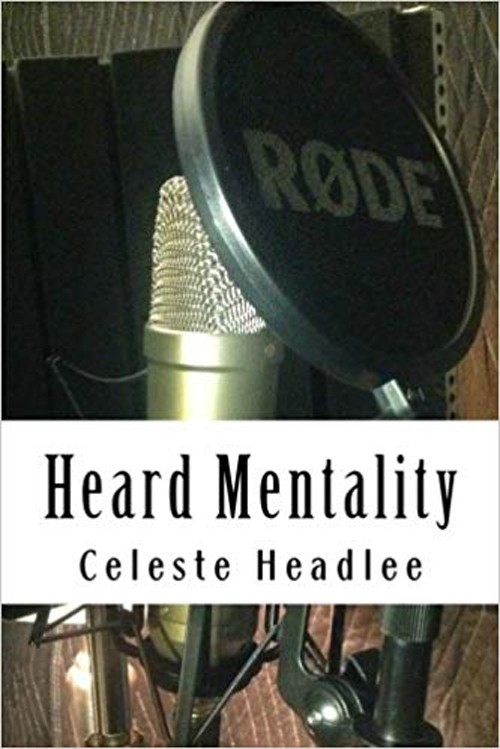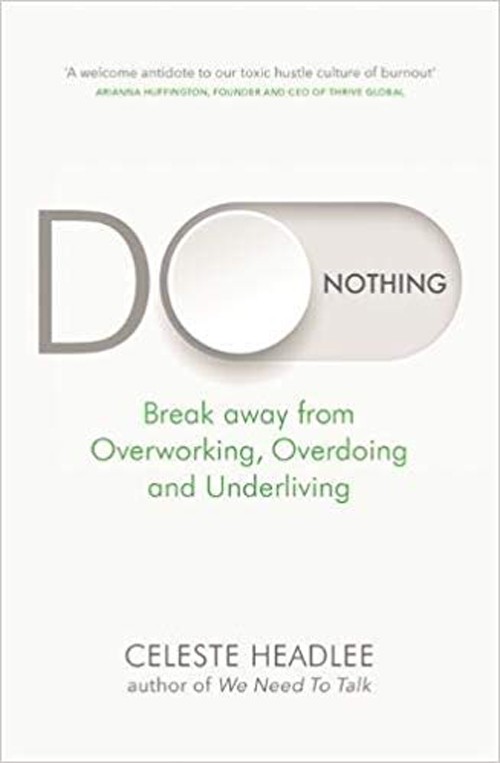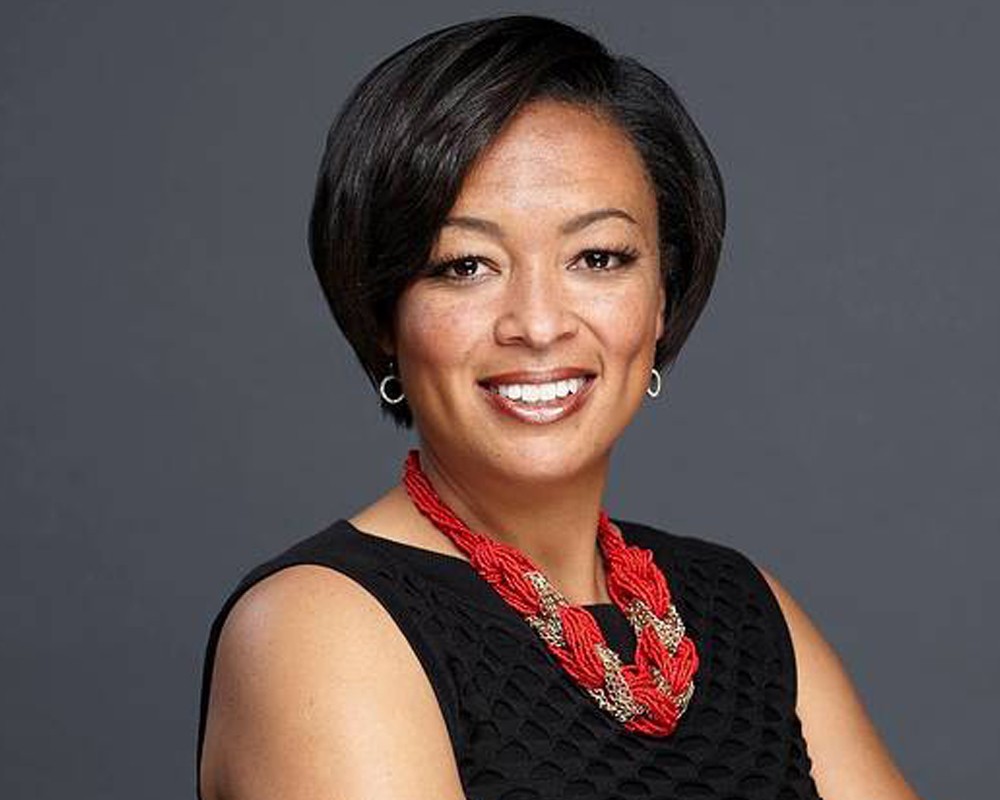Celeste Headlee is an award-winning journalist, professional speaker and best-selling author of We Need To Talk: How To Have Conversations That Matter. She is co-host of the new weekly series Retro Report on PBS and season three of the Scene on Radio podcast – MEN. Celeste serves as an advisory board member for Procon.org and The Listen First Project. Her TEDx Talk sharing 10 ways to have a better conversation has over 30 million total views to date. Her most recent book, Do Nothing: How To Break Away From Overworking, Overdoing, and Underliving (March 10, 2020), helps us break free of our unhealthy devotion to efficiency, and shows us how to reclaim our time and humanity with a little more leisure.
In her 20-year career in public radio, Celeste has been the Executive Producer of On Second Thought at Georgia Public Radio, and anchored programs including Tell Me More, Talk of the Nation, All Things Considered, and Weekend Edition. She also served as co-host of the national morning news show, The Takeaway, from PRI and WNYC, and anchored presidential coverage in 2012 for PBS World Channel.
Celeste’s work and insights have been featured on TODAY, Psychology Today, Inc., NPR, Time, Essence, Elle, BuzzFeed, Salon, Parade, and many more. She has presented to over 100 companies, conferences and universities including Apple, Google, United Airlines, Duke University, Chobani and ESPN, and received the 2019 Media Changemaker Award. Celeste lives in Washington, D.C.



